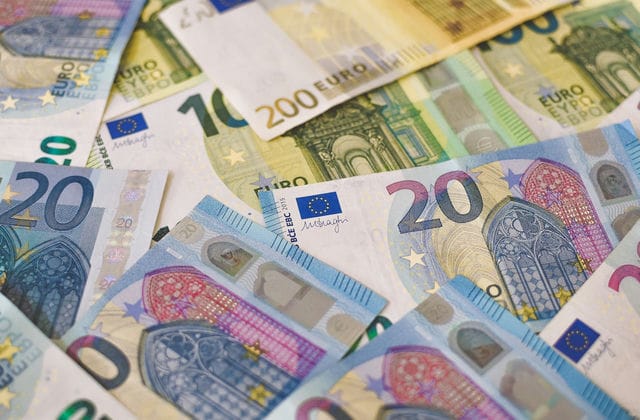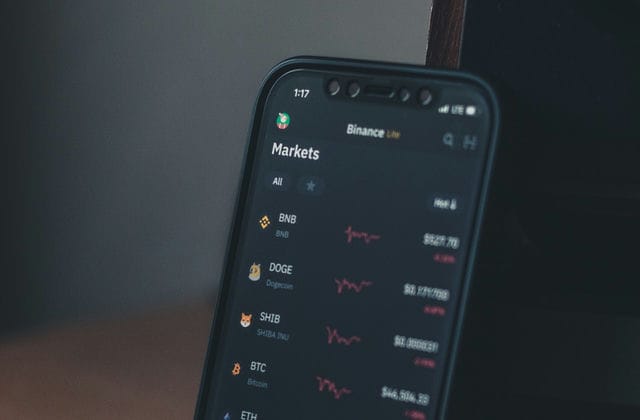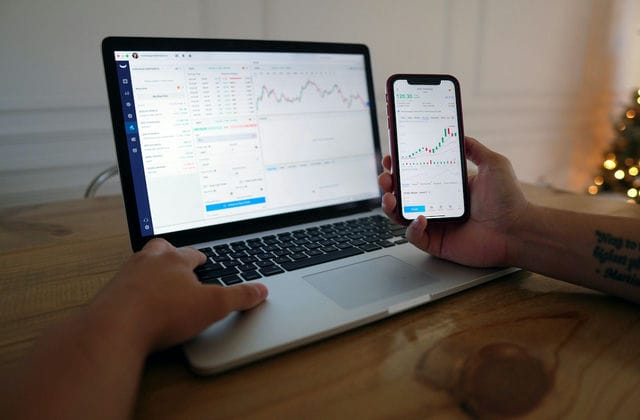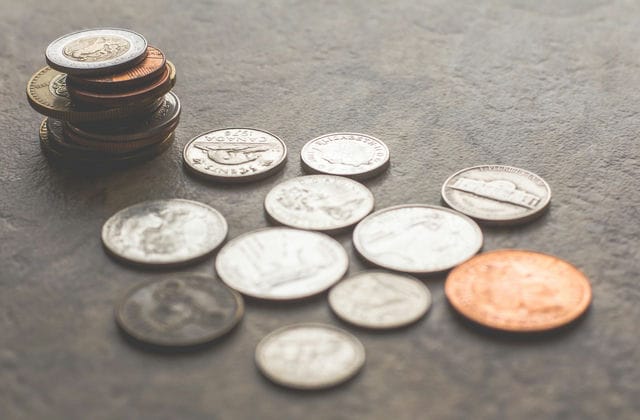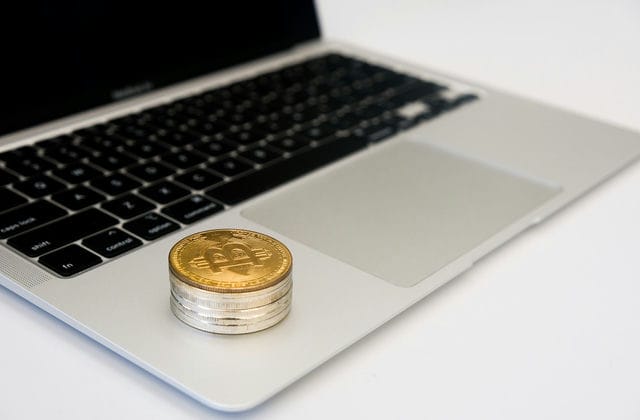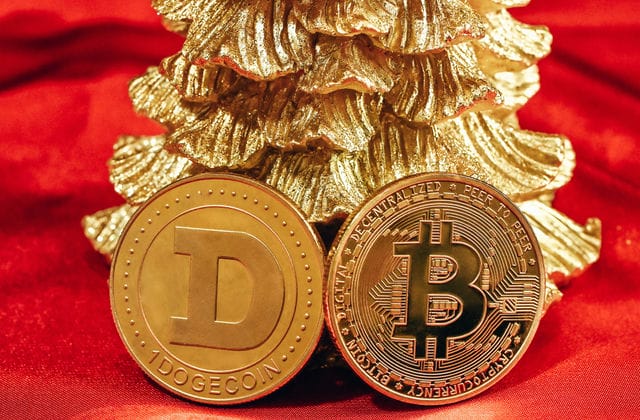In the age of digital networks, payment systems have been transformed by the development of digital financial technology, with paper money gradually transforming into cashless payments, such as credit cards and third-party payments, which can be made with the swipe of a finger. However, the value of fiat currency (or fiat money for short) is affected by national policies, stability and the economy, while bitcoin has a value that cannot be replaced by fiat money due to the following characteristics.
1, It is not controlled by any authority, and cannot be manipulated or printed at will.
2, Borderless, it can be easily exchanged with anyone, anywhere.
3, Non-political, not biased towards a particular system or community.
Bitcoin is the world's first decentralized cryptocurrency. Its value comes mainly from the fact that it is the first currency that is not controlled by any person, organization or institution, e.g., banks, governments, etc. Anyone who owns it can trade it without any restrictions.

It is not dictated by a centralized organization and is not 'trusted' by the state or the central bank that issues the country's currency. Trust is created because there is a "mechanism for all of us to mutually authenticate past transactions" and because it is believed that no one can counterfeit Bitcoin or change previous records.
The problem with fiat currencies
For people living in developed countries, it is difficult to understand why decentralized currencies are valuable and trustworthy. But for people living in harsh economic environments like the third world and undeveloped countries, it is a whole new financial haven. Because of the instability of national monetary systems, governments step in to manipulate funds and print large amounts of fiat money, causing violent fluctuations in value and affecting the collapse of the entire monetary system.
Countries such as Venezuela and Argentina, for example, have experienced periods of currency system collapse where government spending exceeded tax and other revenues, necessitating the printing of large amounts of currency. When a large amount of money is put on the market, it reduces the value of the fiat currency already in circulation, which is known as hyperinflation, causing the population to watch as their holdings gradually lose value. This has happened in many countries. Therefore, when the entire monetary system collapses, the affected population must find another medium that is trustworthy and has value in exchange.
According to the author of the New York Times column "Bitcoin Has Saved My Family", Venezuela's daily inflation rate will be around 3.5% in 2019, compared to 1,700,000% for the whole of 2018, which equates to an annual inflation rate of 17,000 times. In Argentina, according to local media reports, the official inflation rate was 2.9% in January 2019 and rose to 4.7% in March, making a cumulative inflation rate of 54.7% in the last 12 months.
The reason for the general acceptance of the current monetary system is that the system has been created since before birth, most people are used to living under the existing government-run monetary system and the majority of society accepts the increase in various prices as a natural phenomenon, which is exactly what inflation is. We accept that these price increases are a natural consequence of inflation, but they occur because there is no limit to the amount of fiat money that can be issued and the central bank can manipulate the amount of money that is issued to increase the amount of money in circulation, which in turn causes 'too much money chasing too few goods' and increases prices. Unfortunately, when people get used to this monetary system, it is naturally difficult to believe that the new way is better.
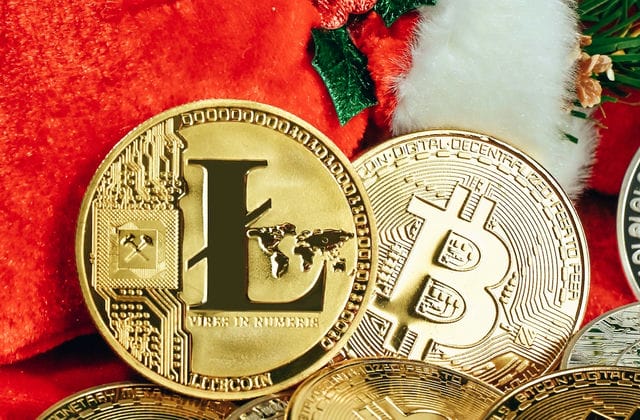
The value of trust in bitcoin
Conversely, these core flaws that plague the fiat currency system do not exist in Bitcoin. Bitcoins have been capped from the start, and will stop being issued once they reach 21 million. In other words, bitcoins are scarce and a fixed number of bitcoins are issued every ten minutes to reward miners who confirm them. This is a fundamental rule about the bitcoin network that cannot be easily changed, meaning that no one can issue a large number of bitcoins or change the rate of issue without permission.
Trust is the essence of money, and Bitcoin guarantees that "no one can counterfeit", "no one is subject to a particular country or authority", and "there is a limit to the amount that can be issued". These bring the value of 'trust' to Bitcoin, correcting for the flaws in our current monetary system.












